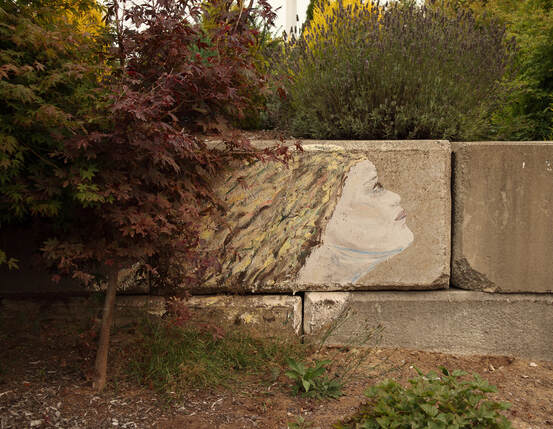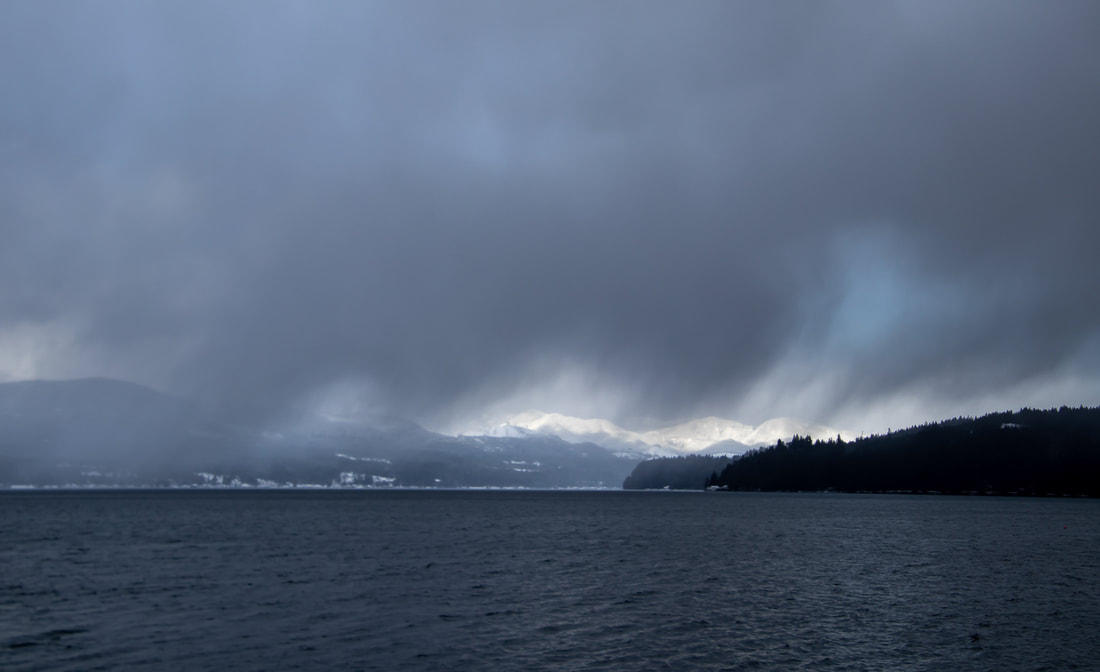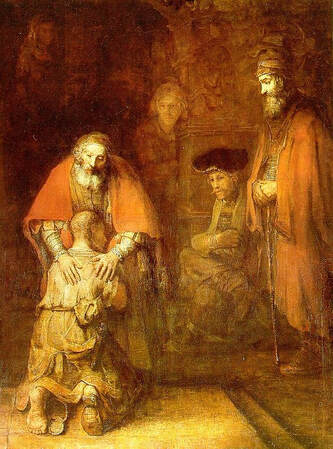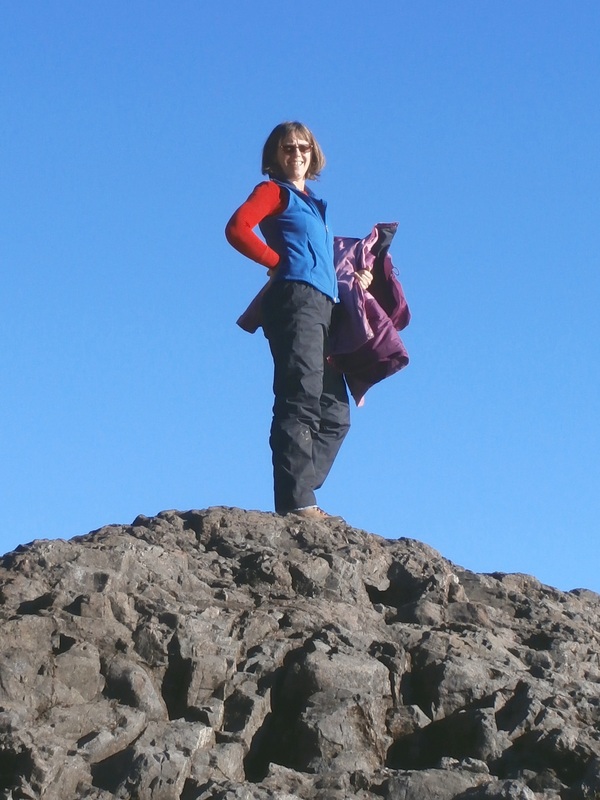|
A reflection on Luke 10 for St. David of Wales, July 3, 2022
Three years ago, I had the opportunity to preach on this gospel passage. It was my fourth message for St. David’s, and I must admit, reading back on what I shared with you then as I tried to imagine myself in the shoes of the 70 sent out by Jesus, I was a little obsessed with not being able to take my giant purse and all its creature comforts, as well as how I was going to eat when people were going to try to poison me with gluten. Three years later, believe it or not, this is my 34th message at St. David’s. In those three years I’ve come to know this faith community better; I’ve come to know our wider community better; and my faith has continued to grow as I deepen my relationship to the Episcopal faith and to this beloved community. When I preached on this originally, I approached it from the context of a modern-day believer reading literally, trying to figure out what all these instructions meant for me in the 21st century. I don't know if I failed to consult a commentary or any other resources to get some biblical background information or if I just followed my mind down a rabbit hole.
0 Comments
A message for the community of St. David of Wales, June 2022.
I used to love Pentecost and the images of fire, the tongues of flame hovering over the disciples’ heads. I wrote poetry about the hot breath of God on our faces, the spirit scorching our hair and singeing off our eyebrows and throwing us into the street chased by tongues of flame. Back then, I was a stay-at-home mom, a classroom volunteer, a Sunday school teacher with a tiny life and small circle of influence, who had just felt a call from God to write as a form of ministry. I found myself on fire for God in ways that burned up all my earlier doubts and fears about being the right kind of believer. And the idea of Pentecost coming to set us on fire, to clean us to bone and sinew, felt absolutely right as I opened myself up to new bold ways of being in the world. That was more than twenty years ago, when the worst thing I could imagine happening to my children in their classrooms was contracting head lice, not being fired upon. That was decades before COVID trapped us all in our own houses for months, long before I understood systemic racism and my privilege as a white woman. A message for the community of St. David of Wales on Good Friday, April 15, 2022.
I confess that I have never wanted to call this day “good,” that the crucifixion leaves me heartbroken, despite knowing what comes next. I have imagined, time and again, a different story that didn’t require death. Each year as our Holy Week journey takes us closer to the cross, I have hoped against hope that just this once, events would unfold differently, that history would be rewritten, that the powers of church and state would surrender themselves to the radical power of love that Jesus professed and embodied. I have wanted alternative scriptures where, having fully instituted God’s will on earth as in heaven, Jesus retires to Galilee, resumes carpentry, marries, raises a family, and lives to a ripe old age. A Message on Luke 15: The Parable of the Prodigal Son for the community at St. David of Wales, March 27, 2022
In the New International Version, and many others, this morning’s lesson from Luke is titled “The Story of the Lost Son.” In the Expanded Bible it’s “The Son Who Left Home.” The New Testament for Everyone labels it, “The Parable of the Prodigal: The Father and the Younger Son.” In the Contemporary English Version, the title reads “Two Sons.” And finally, the New Revised Standard Version follows suit with “The Parable of the Prodigal and His Brother.” No matter how we refer to it, this longest of Jesus’ parables which appears only in Luke’s gospel, has resonated deeply over the centuries, perhaps more than any other story Jesus told. And it still speaks to us in circles far beyond the church. Even as a secular child, I’d heard of the prodigal son—and even without knowing that the word prodigal (it’s something like recklessly wasteful), I knew the son was up to no good. |
I began blogging about "This or Something Better" in 2011 when my husband and I were discerning what came next in our lives, which turned out to be relocating to Puget Sound from our Native California. My older posts can be found here.
Categories
All
Archives
September 2023
Newsletters |




